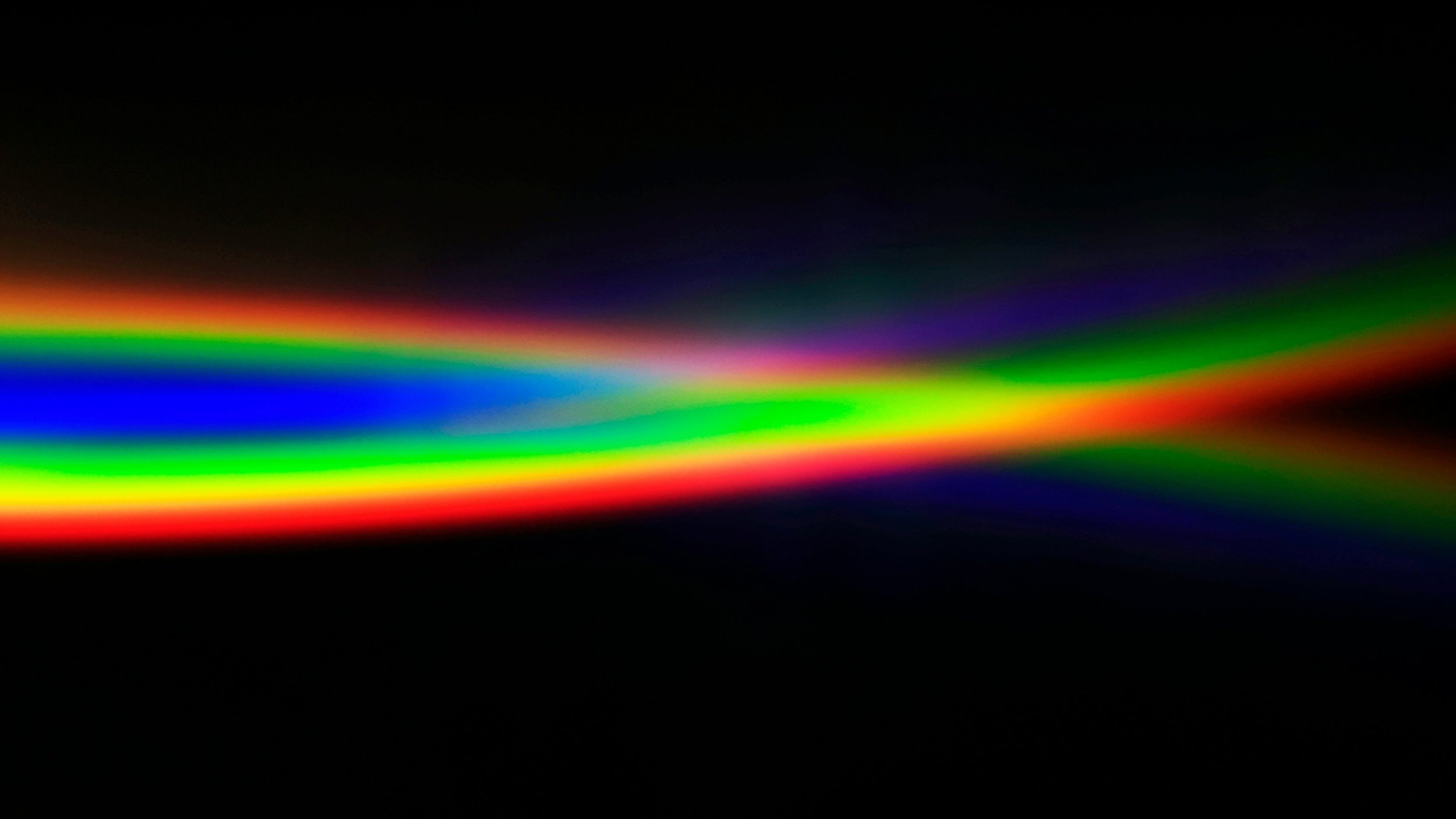The Impact of Blue Light on Mental Health
In today's digital age, blue light exposure has become a constant part of our daily lives. From the screens of our smartphones and computers to the energy-efficient LED lights that illuminate our homes, blue light is all around us. While blue light plays a crucial role in regulating our sleep-wake cycles and boosting alertness during the day, excessive exposure, particularly in the evening, can have detrimental effects on our mental health. This blog post will explore how blue light affects mental health and provide strategies for mitigating its impact.
Understanding Blue Light
Blue light is a part of the visible light spectrum, with wavelengths between approximately 400 and 495 nanometers. It is characterized by its high energy and short wavelength. Natural sources of blue light include the sun, which plays a vital role in regulating our circadian rhythm, the internal clock that governs our sleep-wake cycles. Artificial sources of blue light, such as LED lights, computer screens, and smartphones, have significantly increased our exposure, particularly during evening hours.
The Link Between Blue Light and Mental Health
Research has shown that excessive blue light exposure, especially during nighttime, can disrupt the production of melatonin, a hormone that regulates sleep. Melatonin suppression can lead to sleep disturbances, which are closely linked to mental health issues such as anxiety and depression.
1. Disrupted Sleep Patterns
The human body is programmed to follow a natural sleep-wake cycle, influenced by the presence of natural light. Exposure to blue light, particularly from electronic devices, can trick the brain into thinking it is still daytime, suppressing melatonin production and making it difficult to fall asleep. Chronic sleep deprivation has been associated with a range of mental health problems, including depression, anxiety, and mood disorders. A study published in the journal Sleep found that individuals with disrupted sleep patterns were more likely to experience symptoms of depression and anxiety.
2. Increased Risk of Depression
Several studies have indicated a link between blue light exposure and an increased risk of depression. The disruption of the circadian rhythm and subsequent sleep disturbances can lead to changes in mood and emotional well-being. A study published in JAMA Psychiatry found that individuals with higher levels of nighttime blue light exposure were more likely to experience symptoms of depression. The researchers suggested that the disruption of the natural sleep-wake cycle played a significant role in the development of depressive symptoms.
3. Anxiety and Stress
In addition to its impact on sleep and depression, blue light exposure has also been linked to increased levels of anxiety and stress. The constant use of electronic devices and the resulting blue light exposure can overstimulate the brain, leading to heightened levels of cortisol, the body's primary stress hormone. Elevated cortisol levels can contribute to feelings of anxiety and stress, affecting overall mental health and well-being.
Strategies for Mitigating the Impact of Blue Light
Given the pervasive nature of blue light in our modern lives, it is essential to adopt strategies to mitigate its impact on mental health. Here are some practical tips to reduce blue light exposure and protect your mental well-being:
1. Use Blue Light Filters
Many electronic devices, including smartphones, tablets, and computers, offer blue light filter settings that can reduce the amount of blue light emitted by the screen. Activating these filters, especially in the evening, can help minimize melatonin suppression and improve sleep quality.
2. Wear Blue Light Blocking Glasses
Blue light blocking glasses are specially designed to filter out blue light and reduce its impact on the eyes and brain. Wearing these glasses in the evening can help protect against blue light exposure and promote better sleep.
3. Limit Screen Time Before Bed
Establishing a screen-free routine at least one hour before bedtime can significantly improve sleep quality and reduce the impact of blue light on mental health. Instead of using electronic devices, consider engaging in relaxing activities such as reading a book, practicing meditation, or taking a warm bath.
4. Optimize Lighting in Your Home
Switching to warm or dim lighting in the evening can help reduce blue light exposure and support the natural sleep-wake cycle. Consider using incandescent bulbs or smart lighting systems that allow you to adjust the color temperature according to the time of day.
5. Encourage Outdoor Time During Daylight Hours
Spending time outdoors during daylight hours can help regulate the circadian rhythm and improve mental health. Natural light exposure during the day can enhance alertness and mood while promoting better sleep at night.
6. Practice Good Sleep Hygiene
Establishing a consistent sleep schedule, creating a relaxing bedtime routine, and ensuring a comfortable sleep environment are essential components of good sleep hygiene. These practices can help improve sleep quality and mitigate the negative effects of blue light exposure on mental health.
(Screen Time and Your Eyes: Finding Balance)
Conclusion
The impact of blue light on mental health is a growing concern in our digitally connected world. Understanding the link between blue light exposure, disrupted sleep patterns, and mental health issues is crucial for taking proactive steps to protect our well-being.
By adopting strategies such as using blue light filters, wearing blue light blocking glasses, and optimizing lighting in our homes, we can mitigate the effects of blue light and promote better mental health. At Shades Optical, we are committed to helping you achieve optimal eye and mental health through comprehensive, holistic eye care solutions.
Book your appointment today and discover how we can support your journey to better vision and well-being.
Related Blogs:
Which Colour Blue Light Lens Do I Need?
Screen Time and Your Eyes: Finding Balance
The Sleep-Eye Connection: Unveiling Unique Insights on Vision Health
—
Health Disclaimer Notice
Please note that the information provided in this content is strictly for educational purposes only. It should not be considered as medical advice or a substitute for professional healthcare consultation. If you have any concerns or questions about your health, or if you are considering starting any new treatment or therapy, please consult with your physician or another qualified health provider. Always seek the advice of a qualified healthcare professional regarding any medical condition or treatment.

